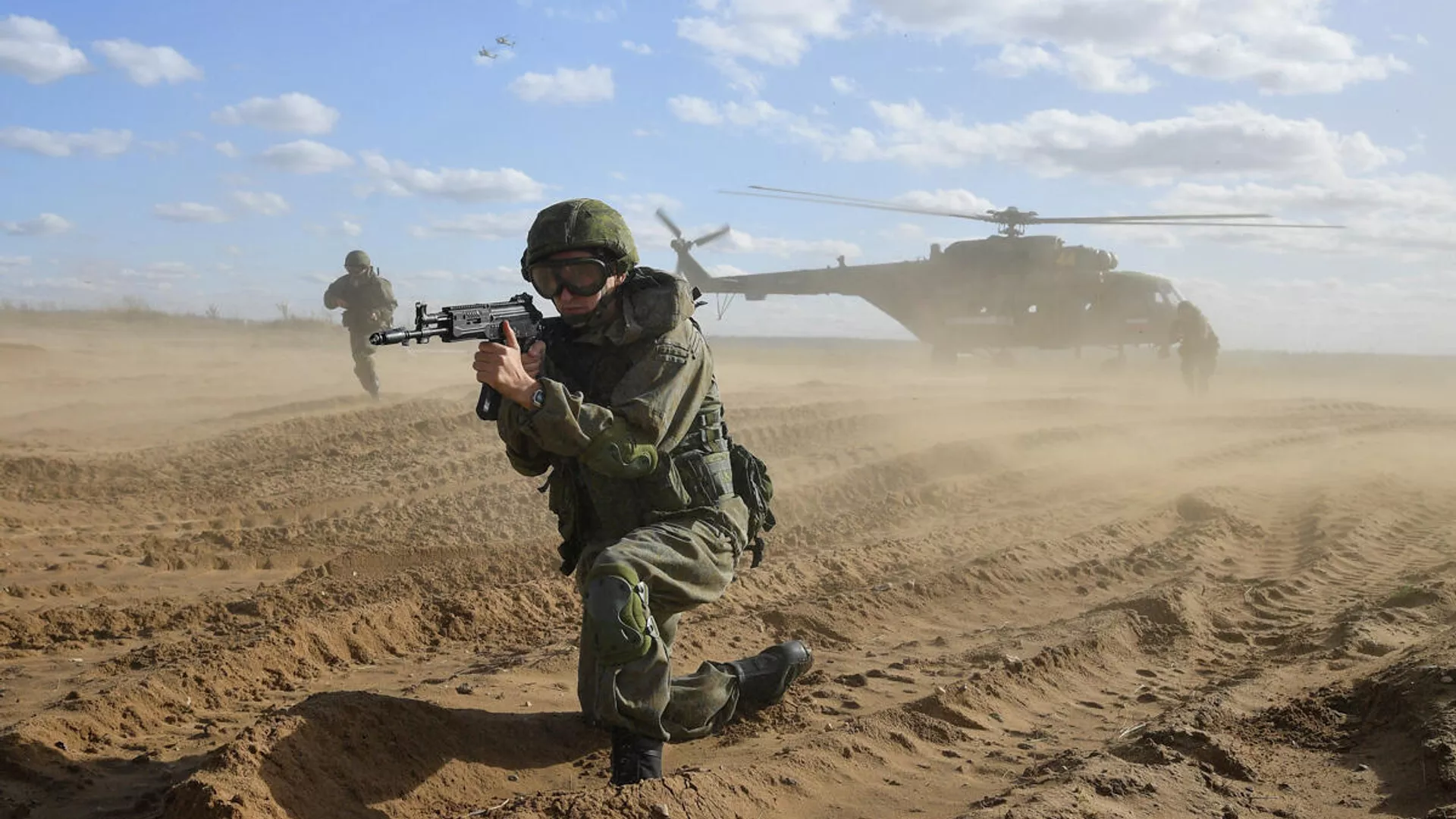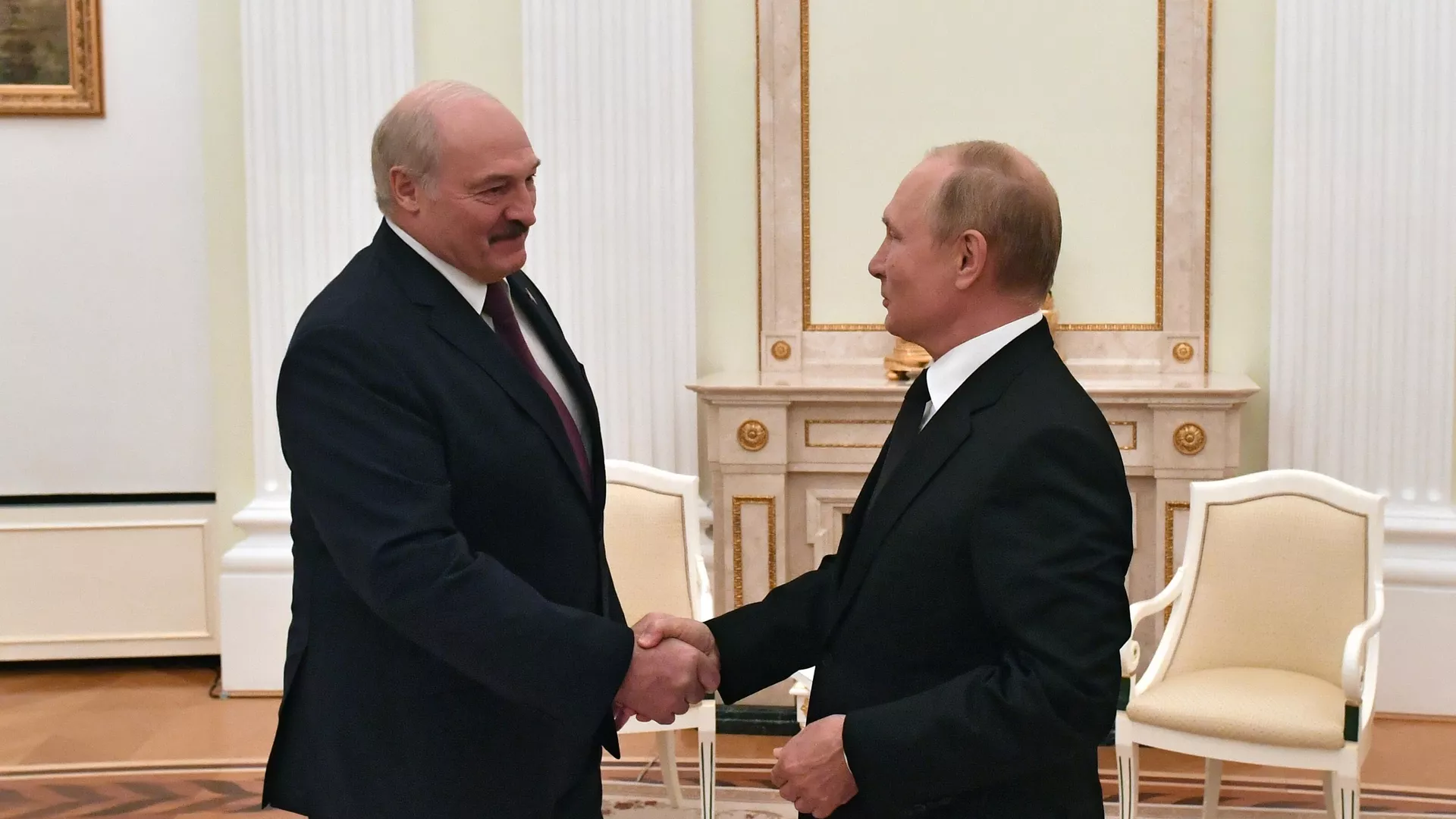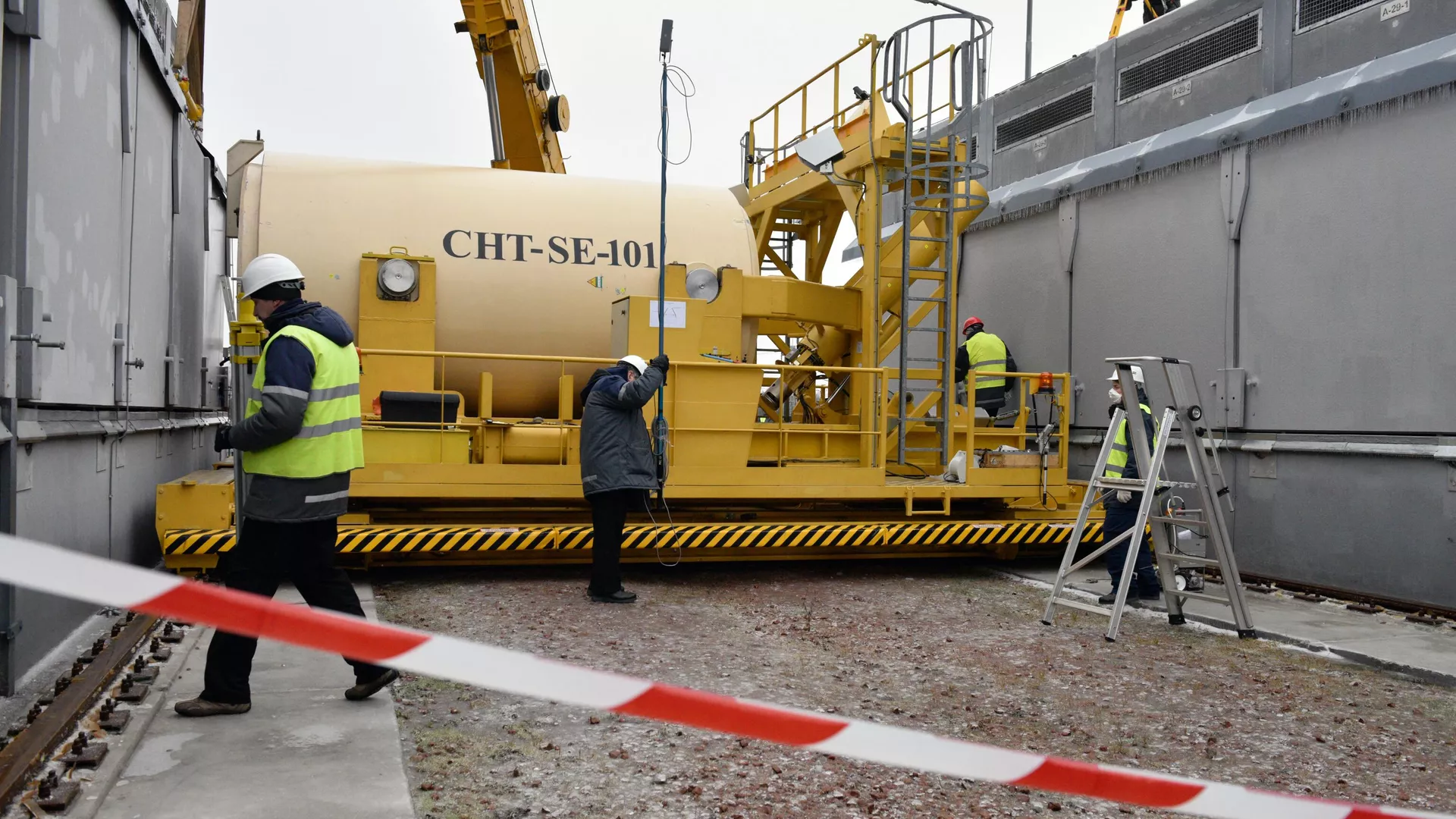IS AMERICA ANY SAFER? | FBI spied on Muslims broadly in the wake of 9/11, and tried to force many of them to become INFORMANTS - the malignant and inefficient practice, in many respects! - Google Search
- Get link
- X
- Other Apps

Since 9/11, the United States has spent $1 trillion to defend against al-Qaeda and ISIL, dirty bombs and lone wolves, bioterror and cyberterror. Has it worked?
_______________________________________
FBI spied on Muslims broadly in the wake of 9/11, and tried to force many of them to become INFORMANTS - the malignant and inefficient practice, in many respects! - Google Search
Factsheet: The NYPD Muslim Surveillance Program
12 what to do? a global strategy - National Commission on ...
'I Helped Destroy People' - The New York Times
Mapping Muslims: NYPD Spying and its Impact on American ...
Psychology of Terrorism - New OJP Resources
Illusion of Justice - Human Rights Watch
The Challenge and Promise of Using Community Policing ...
TWO YEARS AFTER 9/11, CONNECTING THE DOTS
Reining In Post-9/11 Coercion of Intelligence Informants
THE AL-QAEDA ORGANIZATION AND THE ISLAMIC STATE ...
Convergence: Illicit Networks and National Security in the Age of ...
COMPILATION OF HEARINGS ON ISLAMIST RADICALIZATION ...
the war on terror and the muslim american response - AU ...
cult-of-the-presidency-pb.pdf - Cato Institute
The Terror Trap - İstanbul Sabahattin Zaim Üniversitesi
Protecting the Homeland from International and ... - START.umd.edu |
The Social Production of National Security - Chicago Unbound
Two Centuries of US military Operations in Liberia: Challenges of
DEFINING, ADDRESSING AND UNDERSTANDING ... - Africa Portal
fifth edition - dsm-5tm
The Federal Correctional Institution in Englewood, Colo., is a prison for people who need protection. Some 40 percent are nonviolent sex offenders, including Jared Fogle, the onetime Subway spokesman, serving 15 years for sex acts with minors and distribution of child pornography. There are mob informants, white-collar criminals, dirty cops. The Enron fraudster Jeffrey Skilling spent time at Englewood before his release. So did former Gov. Rod Blagojevich of Illinois, who was convicted of corruption-related charges.
Albury arrived in November 2018 and was treated, to his surprise, like a celebrity. The antigovernment militia and sovereign-citizen types, who had a particular hatred for the feds, wanted to shake his hand and do him favors. That quite a few of the sovereigns were white supremacists didn’t seem to deter them. “They saw me as one of them, which was bizarre,” he says, “but it was easier to take than some of the law-enforcement guys who thought we should be friends.” Michael Slager, the South Carolina police officer who killed an unarmed Black man named Walter Scott in 2015, was particularly friendly to Albury. Former law-enforcement officers needed to stick together, Slager suggested. Albury walked away. I am nothing like you, he thought.
He spent his days reading books by Nelson Mandela, Howard Zinn, Aleksandr Solzhenitsyn and the Berrigan brothers, Catholic priests who went to prison for their antiwar activism in the ’60s. He read Bruce E. Levine’s “Resisting Illegitimate Authority,” as well as Mohamedou Ould Slahi’s “Guantánamo Diary,” the chilling account of Slahi’s imprisonment at Guantánamo Bay under the supervision of military, C.I.A. and F.B.I. interrogators. In a strange way, Albury felt freer in prison than he had at any time since he joined the F.B.I. “A lot of people are ashamed, being in prison,” he says. “I was never ashamed. I felt this immense sense of relief that at least that chapter of my life was over, and I could be who I actually am.”
He dedicated himself to being a thorn in the side of the Bureau of Prisons, which subjected him, he says, to “special administrative measures” that called for regular monitoring of his phone calls and emails, as well as his letters, which always arrived opened, if they reached him at all. Albury peppered his correspondence with attacks on prison staff, whom he called “petty, insecure tyrants,” fully aware that they were reading along. In April 2020, as the coronavirus began to spread in Englewood, Albury filed a grievance with the Bureau of Prisons protesting the overcrowded conditions, and was sent to the Special Housing Unit, or solitary confinement. When he was released back to general population 10 days later, a one-page report had been expunged from his record. There was nothing to prove he had spent more than a week locked in the Special Housing Unit, accused of “inciting a riot,” Albury wrote in a letter that May.
A few weeks later, Albury cut off all contact. He’d had some unsettling experiences after being released from the Special Housing Unit, he wrote in a final missive. He didn’t elaborate. He was scheduled to be released in November, and until then, “it’s prudent I keep my head down and stay off the radar,” he wrote.
Albury left prison on Nov. 18, 2020, and returned to his family and the house they had moved into in Berkeley, with an ankle monitor. Two days later, he reached out to me on Signal. “I am officially back in the ‘free world,’” he said. He sounded defiant. His experience at Englewood had hardened his belief that he was a prisoner of conscience, but he refused to call himself a whistle-blower. “I didn’t ‘blow the whistle,’” he told me over the phone. “I tried to expose a whole system.”
It was “really crushing,” he says, that his disclosures didn’t cause more of a sensation. “I assumed the stuff would come out and there would be some radical change, like the Church Committee hearings. I guess was naïve.” Could Albury’s revelations have had more of an impact if they had been released before the Trump era? “I think part of what happened here was timing,” says Mike German, now a fellow at the Brennan Center for Justice at the New York University School of Law. Following Trump’s election, even many on the progressive left became champions of the F.B.I. because of the Russia investigation and Trump’s attacks on the independence of the bureau. “What that meant was that the people who would have been criticizing the types of programs that were exposed in those documents instead found themselves as strong defenders of the F.B.I. as an institution,” German says.
Putin's spokesperson also confirmed there was a discussion.
"Yes, such a conversation took place via telephone," Putin's spokesperson Dimitry Peskov told CNN on Monday
that Burns' visit to the Russian capital took place at a time of growing concern among some US officials about the possibility of an expanded Russian military intervention in Ukraine.
One source told CNN that the US has "serious concerns" about the Russian build-up, adding, "It would be foolish for us not to be considering the possibility of an invasion or incursion."
When asked about the topics touched upon during this phone conversation, Peskov said they were "Bilateral relations, the crisis situation in the diplomatic practice, and an exchange of views on regional conflicts."
"Of course, cybersecurity issues were also mentioned," Peskov added.
Assessments on Russia's motives differ widely within the administration, with some sources telling CNN they believe Russia could be preparing for an invasion, while others suggest they are conducting an exercise, or simply trying to intimidate Ukraine.
And publicly, Ukraine has downplayed the idea that Russia is building up its military presence near the border beyond normal levels. Russia has "established a practice of "transferring and accumulating military units for the purpose of maintaining tension in the region and political pressure on neighboring countries," Ukraine's Defense Ministry said on Tuesday.
Satellite images taken by Maxar Technologies last week demonstrate the kind of irregular Russian troop and equipment movements that US officials are worried about. The images show Russian troops, tanks and artillery massing near the Russian town of Yelnya, and the Biden administration is more concerned than it was in the spring that Russia could launch an invasion, two senior US officials said.
President Joe Biden dispatched Burns to Moscow on Tuesday in an effort to prevent any kind of escalation, where he met with Kremlin officials to try to deter any plans for an offensive by conveying that the US is closely monitoring the troop movements, according to people briefed on their meeting.
Burns also mentioned US concerns that Russia is close to using its gas exports as leverage, with Ukraine and other European nations are forecast to suffer energy crises heading into winter.
This story has been updated.
CNN's Chandelis Duster contributed to this report.
Генштаб Белоруссии о военной доктрине Минска и Москвы: мы никогда не развяжем войну
The topic of Ukraine was raised during a visit to Moscow by the head of the US Central Intelligence Agency (CIA) William Burns. This was announced on Saturday, November 6, by the Deputy Foreign Minister of the Russian Federation Sergei Ryabkov.
“As for the discussion of Ukraine during the recent visit of the CIA director in Moscow, yes, this topic was heard. But it is constantly heard in the course of contacts with American representatives who are responsible for the Russian direction, for the situation in the so-called Greater Eurasia, “he said in an interview with Interfax.
As the deputy minister noted, this topic should not be given special importance.
“We have heard this kind of signals from Americans many times before,” he said.
Ryabkov also commented on the statement of the head of the joint committee, the chief of staff of the US Armed Forces, Mark Milli, that the US does not regard the actions of the Russian military near the borders with Ukraine as aggressive.
“I don’t know how much the tonality changes. Perhaps it depends on who exactly gives the comments, the style can be different, the content is the same. I would not perceive this in terms of some kind of signal to us, ”said the deputy head of the department.
On November 5, CNN wrote that Burns arrived in Moscow due to the alleged movement of Russian troops near the borders of Ukraine, which seriously worries the United States. As noted by journalists, the administration of US President Joe Biden has stepped up efforts in recent days to de-escalate tensions between Moscow and Kiev.
After talks in Moscow, the head of the CIA spoke by phone with Ukrainian President Volodymyr Zelensky in an attempt to defuse the situation, the channel’s sources said. A senior State Department official was also dispatched to Kiev to support these efforts.
William Burns arrived in Moscow on November 2 on behalf of US President Joe Biden. The CIA director managed to meet with the head of the Foreign Intelligence Service, Sergei Naryshkin, and the director of the Federal Security Service, Nikolai Patrushev.
The Kremlin called the visit of the CIA director to Russia important, and clarified that President Vladimir Putin was in Sochi, but was informed about the results of negotiations with Burns.
American political scientist Bruce Marks, in an interview with Izvestia, noted that Burns is the best candidate for improving relations between the United States and Russia. The expert explained that Burns became the head of the American delegation in Moscow for a reason, since such visits are not part of the responsibilities of the head of the CIA. He is confident that the United States is seeking to establish a dialogue with Russia and overcome difficulties, including through Burns’ knowledge of Russia.
On November 1, the American publication Politico presented satellite images of Russia’s “power buildup” near Ukraine’s borders, taken by technology company Maxar Technologies. The concentration of ground troops was recorded near the Russian city of Yelnya, located in the Smolensk region, which borders Belarus.
These media were denied, including in Kiev. The secretary of the National Security and Defense Council of the country, Aleksey Danilov, pointed out that reports of the pulling together of Russian tanks near the border with Ukraine are disinformation. Chief of the General Staff of the Armed Forces of Ukraine (General Staff of the Armed Forces of Ukraine) Serhiy Shaptala on November 5 confirmed the information that there is no build-up of Russian forces near the borders of Ukraine, the situation is under control.
Russian Foreign Ministry spokeswoman Maria Zakharova said that Western media reports that Russia is allegedly pulling troops to the border with Ukraine do not correspond to reality, and called them a “fake salvo.”
- Get link
- X
- Other Apps





Comments
Post a Comment